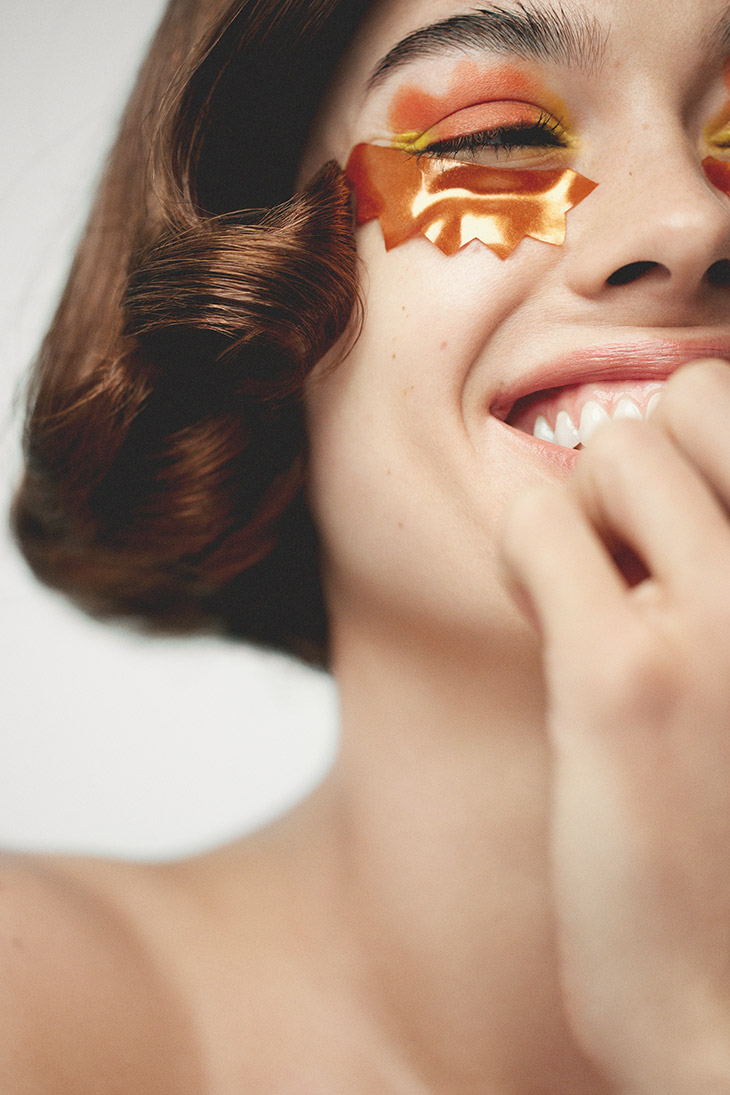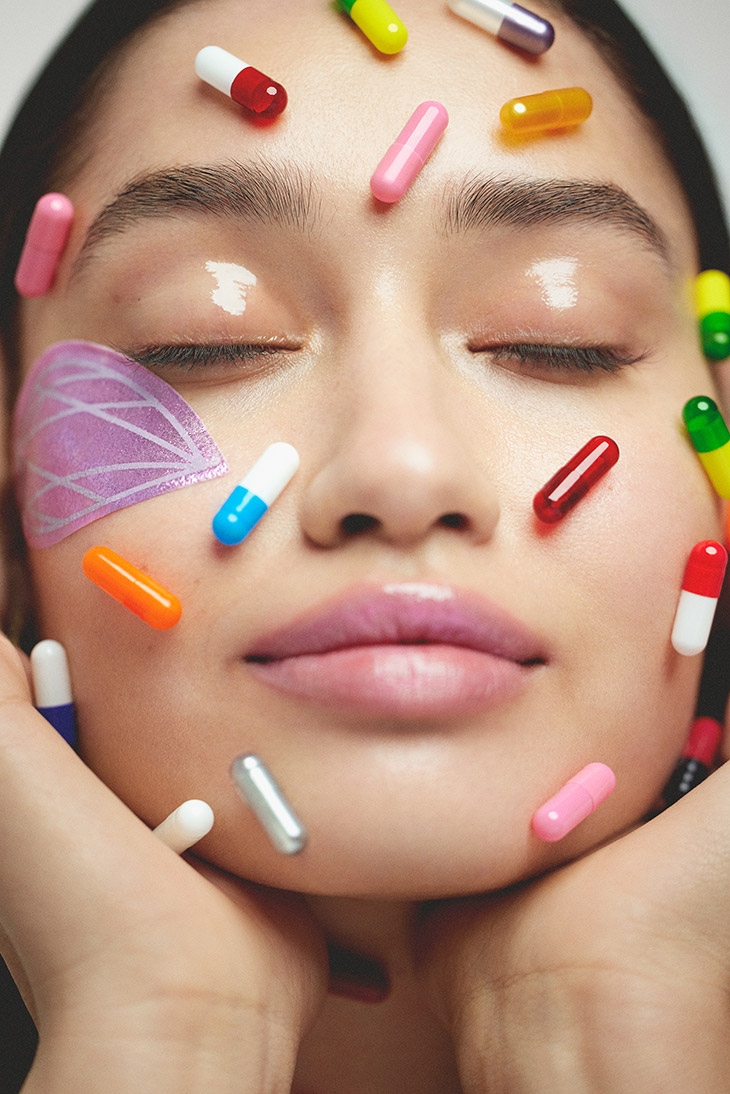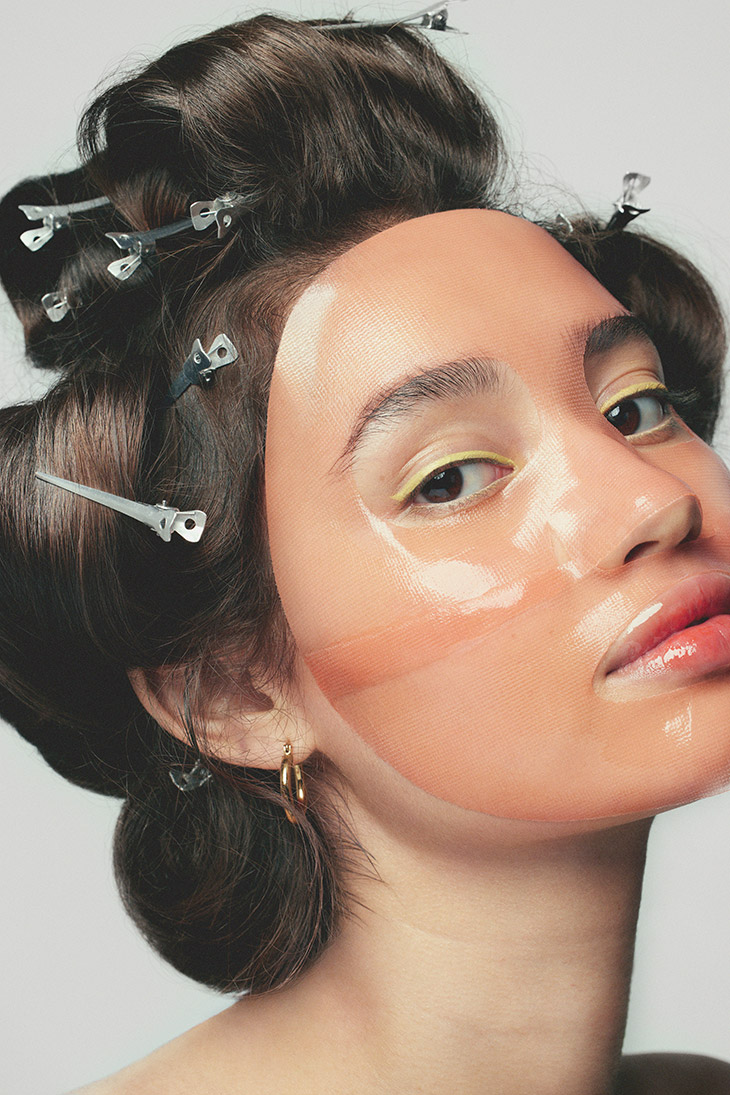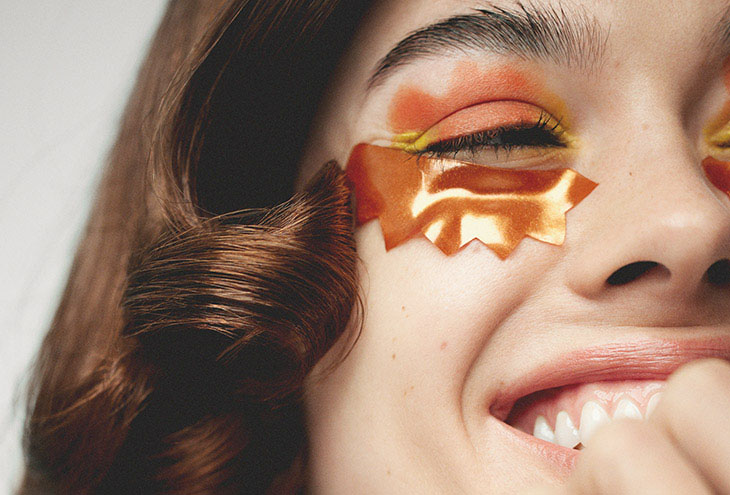
Retinol is one of the most popular ingredients used in skin care products. It works by stimulating cellular exfoliation and regulating sebum production in oily skin. It also improves signs of aging, including fine lines and wrinkles. It contains antioxidants and fatty acids that help skin stay moisturized and protected. Blackcurrant extract is also a good source of retinol and contains anti-inflammatory peptides that help skin retain moisture.
Retinol is a derivative of vitamin A that helps with anti-aging and skin rejuvenation. It enhances collagen production and speeds up skin renewal. This results in a brighter, smoother complexion.

Reduces sunspots
There are several treatments available to reduce sunspots, including Universal C Skin Refiner, hydroquinone, and micro-needling. Hydroquinone works by lightening dark spots, but it must be used with sunscreen to prevent over-lightening. Microneedling helps reduce sunspots by stimulating the production of collagen and elastin. This treatment requires several treatments to see a noticeable improvement. Another method is intense pulsed light (IPL), which uses multiple wavelengths of light to break up hyperpigmented areas.
Dark sunspots reduce the total luminosity of the sun by 0.15 percent at the peak of a sunspot cycle. This variation in sunlight has a negligible effect on Earth’s climate, but it has a profound impact on the ionosphere.
Prevents acne
Retinol is a proven ingredient that effectively treats both inflammatory and non-inflammatory acne. It promotes cell turnover, which helps reduce the appearance of pimples. It also eliminates dead skin cells, preventing pores from being clogged. Universal c skin refiner also reduces scarring and hyperpigmentation.
Retinol is a vitamin A derivative that reduces inflammation and oil production in the skin. They also fade acne scars and promote cell turnover, which means that skin cells are renewed faster. The skin cells can produce more new cells and prevent acne breakouts.
However, there are certain precautions you should take before using retinol to treat acne. First, you should not apply too much retinol. Too much can cause retinoid dermatitis, an inflammatory rash. You should not apply retinol more frequently than once or twice a week.

Lightens dark spots
Retinol can lighten dark spots on your skin and can also help reduce fine lines and wrinkles. It works by slowing the breakdown of collagen and increasing elasticity. In addition, both retinol and vitamin C can even out your skin tone. However, they can be irritating, so it is best to consult a dermatologist before using either on your skin.
Retinol is a vitamin A derivative that has anti-aging properties. It promotes the production of collagen and elastin, reduces the appearance of dark spots, and increases cell turnover. It also inhibits the activity of the enzyme tyrosinase, which promotes the production of melanin. Retinol is effective at lightening dark spots but can cause skin dryness, irritation, and sun sensitivity.
Increases collagen production
Adding red fruits and vegetables to your diet is a great way to boost collagen production. They contain lycopene, which acts as an antioxidant and promotes collagen synthesis. You can also boost your collagen production by adding hyaluronic acid to your diet. Hyaluronic acid is a natural component of the human body and can be found in a variety of foods.
In addition to a balanced diet, you should also look for a high-quality supplement that can boost your collagen production. These supplements are designed to deliver collagen to the body’s cells and promote skin health.
Images from BEAUTY SCENE EXCLUSIVE: Beauty is Only Skin Deep by Saloni Agarwal – See the full story on Beauty Scene



















